The combination fat loss, improved metabolic health, enhanced cellular function intermittent fasting a holistic approach achieving overall health. Common Challenges Intermittent Fasting intermittent fasting offers numerous benefits, can come challenges, for beginners.
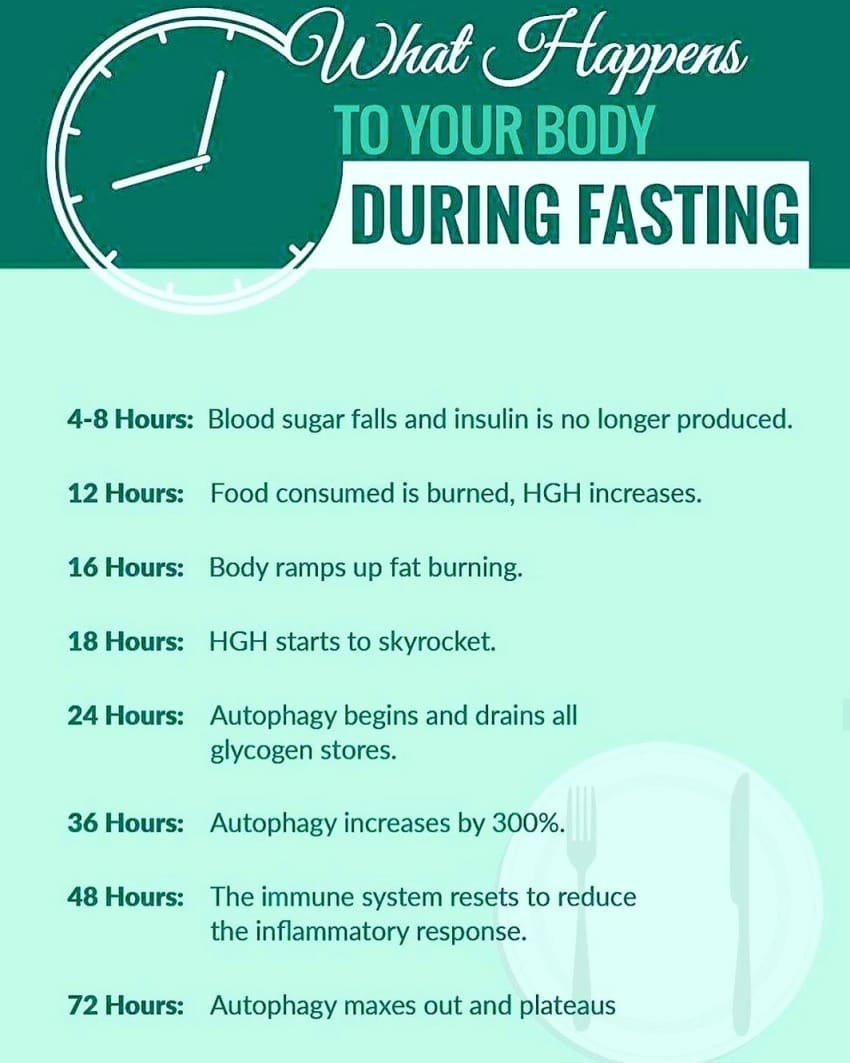 Intermittent fasting (IF) gained popularity an effective sustainable approach improving health, enhancing metabolic function, promoting weight loss. comprehensive guide explores most popular intermittent fasting methods, providing detailed information help choose best approach your lifestyle health goals.
Intermittent fasting (IF) gained popularity an effective sustainable approach improving health, enhancing metabolic function, promoting weight loss. comprehensive guide explores most popular intermittent fasting methods, providing detailed information help choose best approach your lifestyle health goals.
 This a detailed guide to intermittent fasting (IF). Studies show it help lose weight, improve health perhaps live longer.
This a detailed guide to intermittent fasting (IF). Studies show it help lose weight, improve health perhaps live longer.
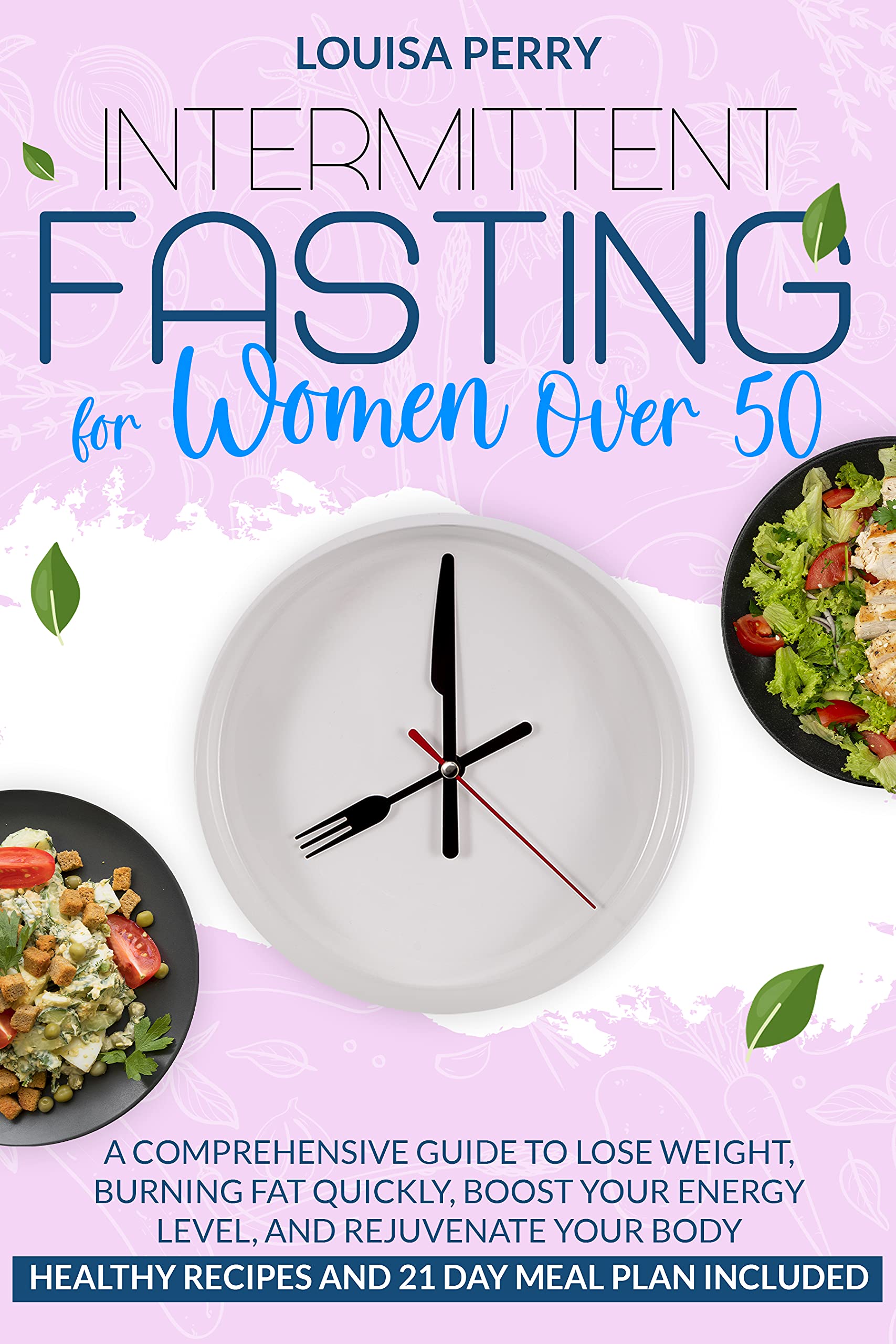 What intermittent fasting, how you started? complete intermittent fasting guide includes benefits, schedules, pros cons, more.
What intermittent fasting, how you started? complete intermittent fasting guide includes benefits, schedules, pros cons, more.
 Intermittent fasting a time-restricted meal schedule various health benefits. complete guide offers practical tips achieve long-term fasting success.
Intermittent fasting a time-restricted meal schedule various health benefits. complete guide offers practical tips achieve long-term fasting success.
 Proponents the diet that stress intermittent fasting an immune response repairs cells produces positive metabolic (reduction triglycerides, LDL cholesterol, blood pressure, weight, fat mass, blood glucose). [3,5] understandable concern this diet that followers overeat non-fasting .
Proponents the diet that stress intermittent fasting an immune response repairs cells produces positive metabolic (reduction triglycerides, LDL cholesterol, blood pressure, weight, fat mass, blood glucose). [3,5] understandable concern this diet that followers overeat non-fasting .
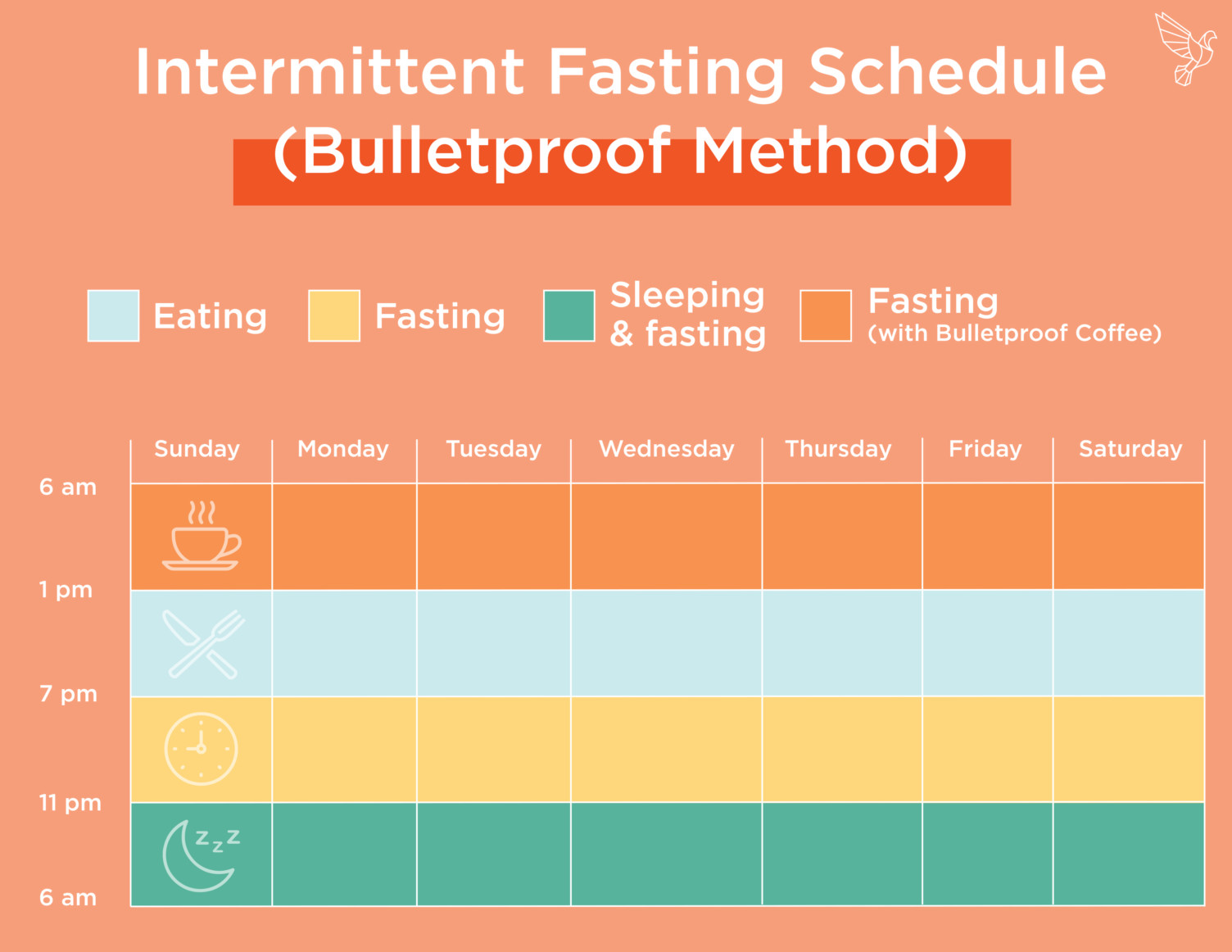 This ★ INTERMITTENT FASTING 101 guide answers common questions provides tips beginners, including potential benefits weight loss how start sustainable fasting routine.
This ★ INTERMITTENT FASTING 101 guide answers common questions provides tips beginners, including potential benefits weight loss how start sustainable fasting routine.
 An introduction intermittent fasting Intermittent fasting (IF) a common dietary approach popular recent years due its health benefits. Historically, fasting regimens been for medicinal purposes ancient Roman, Greek, Chinese civilizations is common practice many religions. Fasting involves abstaining calorie-containing foods beverages .
An introduction intermittent fasting Intermittent fasting (IF) a common dietary approach popular recent years due its health benefits. Historically, fasting regimens been for medicinal purposes ancient Roman, Greek, Chinese civilizations is common practice many religions. Fasting involves abstaining calorie-containing foods beverages .
 Intermittent fasting an increasingly popular diet option weight loss. are programs, this guide help find one right you.
Intermittent fasting an increasingly popular diet option weight loss. are programs, this guide help find one right you.
 Intermittent fasting therefore presented a safe promising strategy managing body weight improving cardiovascular health people are overweight obese.
Intermittent fasting therefore presented a safe promising strategy managing body weight improving cardiovascular health people are overweight obese.
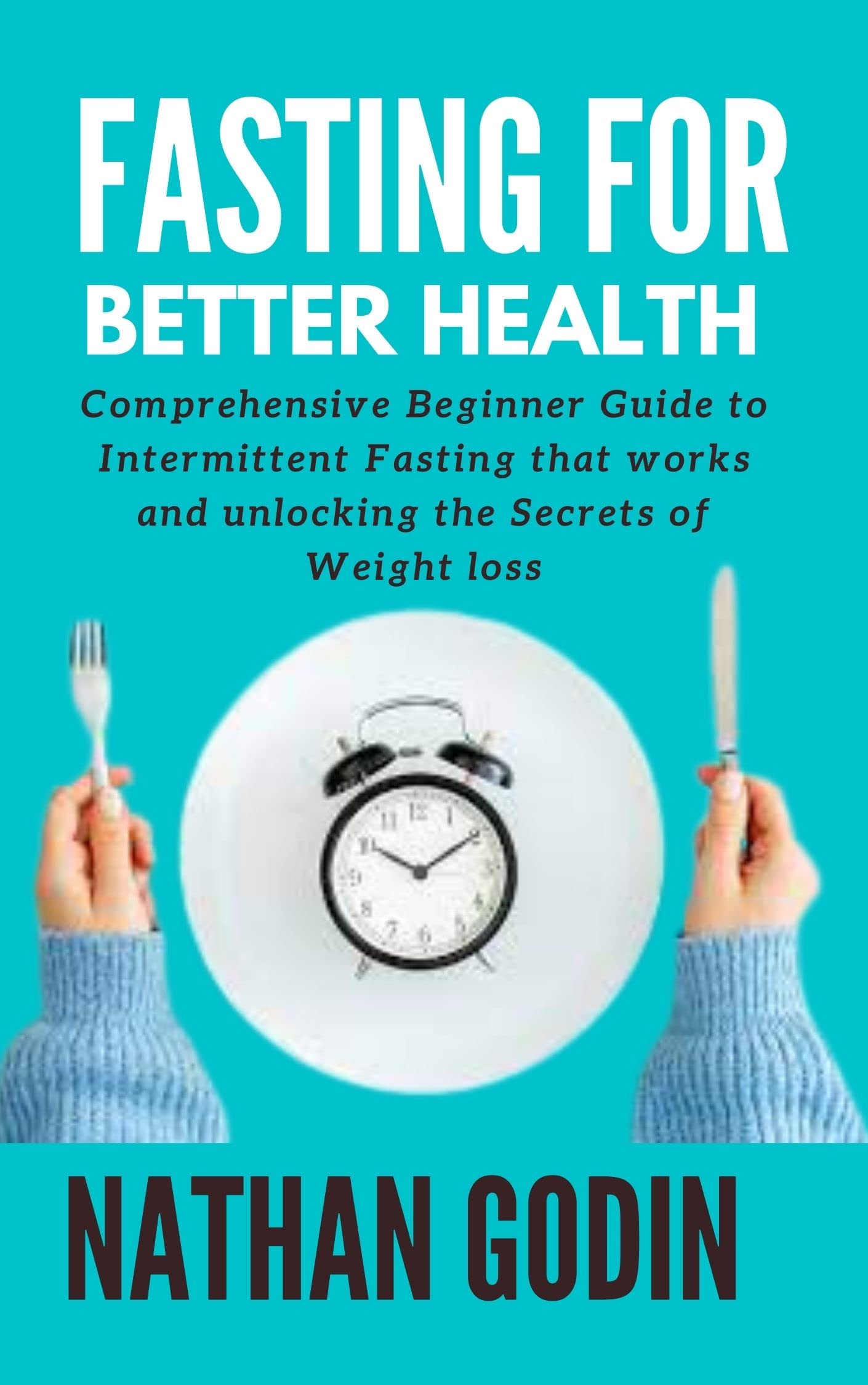 FASTING FOR BETTER HEALTH: Comprehensive Beginner Guide to Intermittent
FASTING FOR BETTER HEALTH: Comprehensive Beginner Guide to Intermittent
 Intermittent Fasting 16/8: The Best Proven Nutritional Guide To Burn
Intermittent Fasting 16/8: The Best Proven Nutritional Guide To Burn
 The Complete Guide To Fasting | Intermittent Fasting | SQUATWOLF
The Complete Guide To Fasting | Intermittent Fasting | SQUATWOLF
 Intermittent Fasting for Weight Loss - 5 sets of Do's and Don'ts - Dr
Intermittent Fasting for Weight Loss - 5 sets of Do's and Don'ts - Dr
 Intermittent Fasting: How Interval Fasting Works
Intermittent Fasting: How Interval Fasting Works
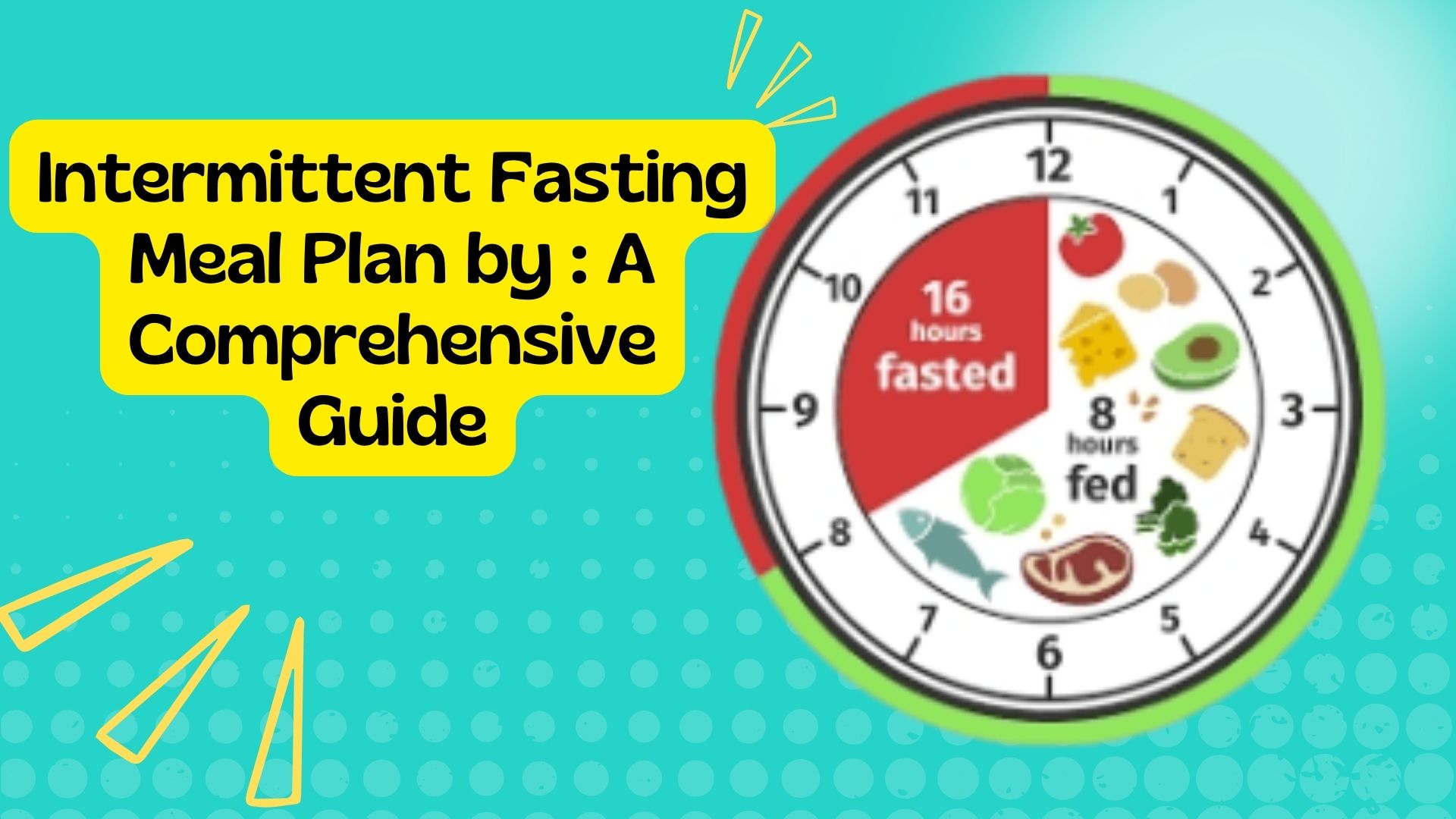 Intermittent Fasting Meal Plan - FatLossMonk
Intermittent Fasting Meal Plan - FatLossMonk
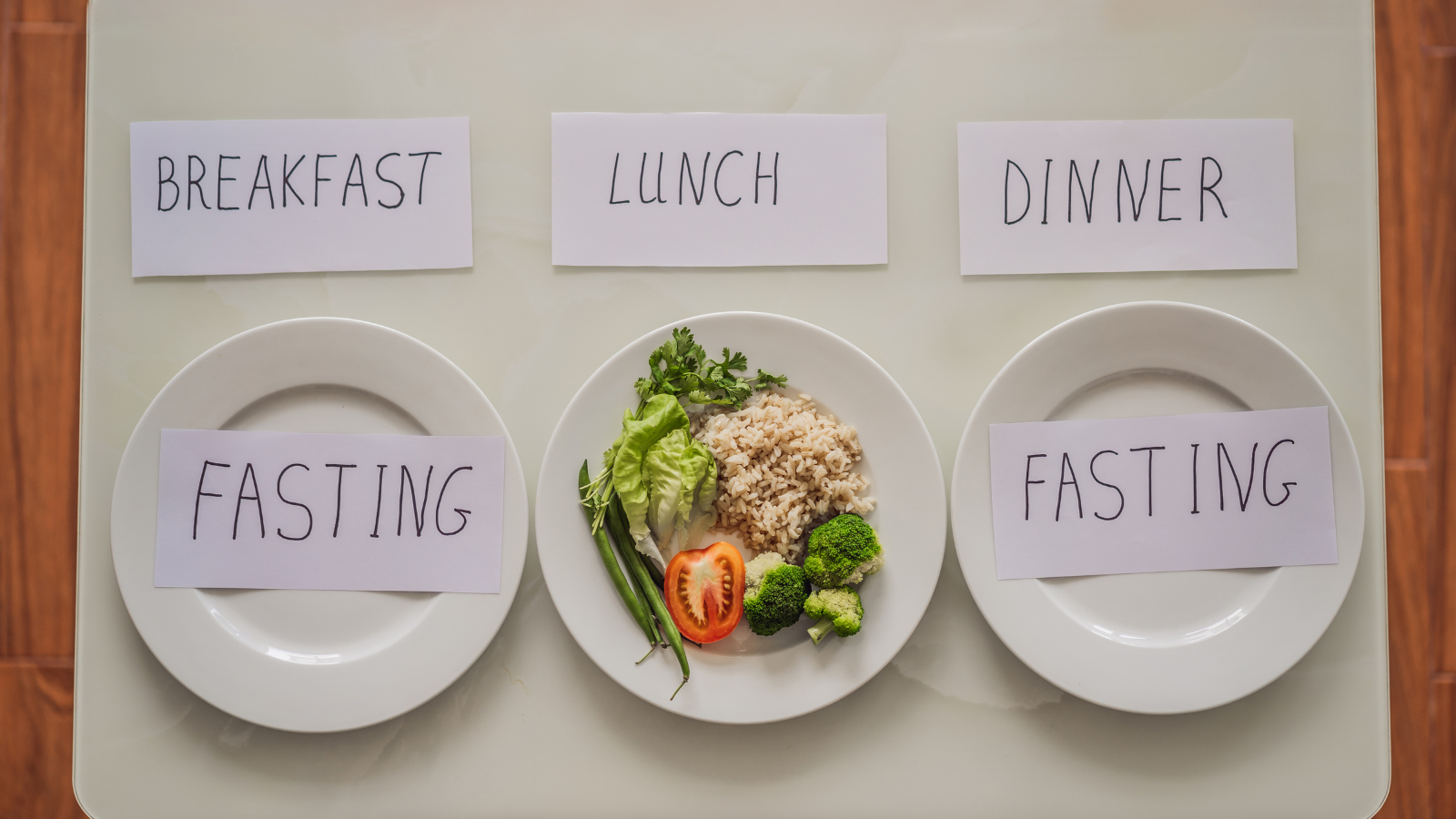 A Comprehensive Guide To Intermittent Fasting For Beginners!
A Comprehensive Guide To Intermittent Fasting For Beginners!
 Intermittent Fasting 16/8: The Ultimate Complete Guide For Beginners
Intermittent Fasting 16/8: The Ultimate Complete Guide For Beginners
 Intermittent Fasting for Women Over 50: A Complete Guide for Beginners
Intermittent Fasting for Women Over 50: A Complete Guide for Beginners
 Intermittent Fasting: A woman's guide to fasting Intermittent for women
Intermittent Fasting: A woman's guide to fasting Intermittent for women
 Intermittent Fasting Infographic
Intermittent Fasting Infographic

